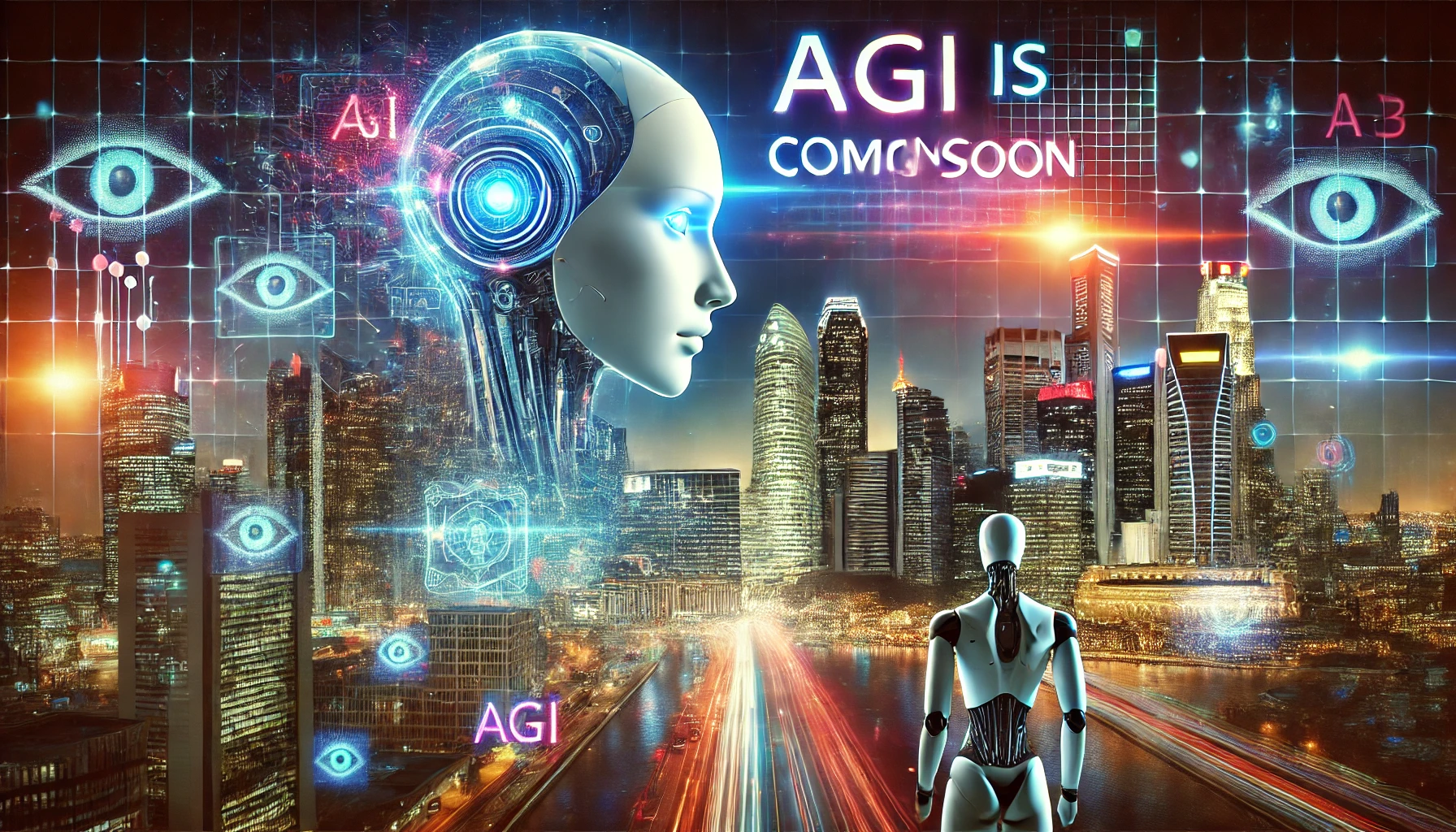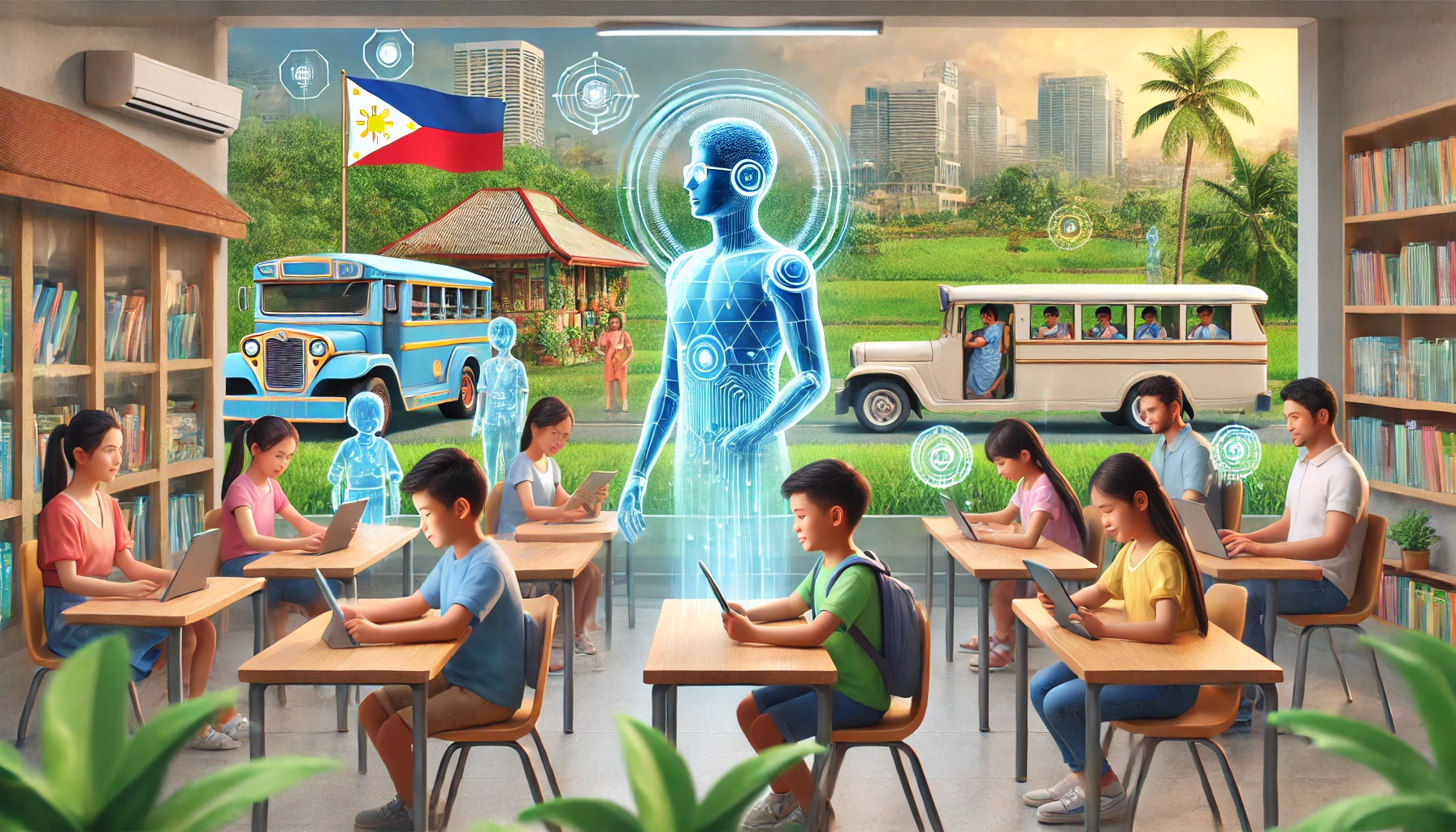1. Business Process Outsourcing (BPO)
- Why? The Philippines is a global leader in the BPO industry. AGI could enhance customer service, automate repetitive tasks, and provide advanced analytics.
- Impact: Improved efficiency, cost reduction, and enhanced customer satisfaction. Employees could be upskilled to handle higher-value tasks, such as managing AI systems or offering specialized support.
2. Agriculture
- Why? Agriculture remains a critical sector in the Philippines, but it faces challenges like inefficiency, natural disasters, and resource constraints.
- Impact: AGI can revolutionize precision farming, optimize resource use, predict weather patterns, and enhance pest and disease management, increasing productivity and sustainability.
3. Education
- Why? The Philippines has a large population of students and a growing need for accessible, quality education.
- Impact: Personalized learning experiences, virtual tutoring, adaptive curricula, and access to global resources can improve education outcomes and workforce readiness.
4. Healthcare
- Why? The Philippines has a strained healthcare system with limited resources and accessibility.
- Impact: AGI can aid in diagnostics, personalized treatment plans, drug discovery, and administrative efficiency, making healthcare more accessible and affordable.
5. Retail and E-commerce
- Why? The rise of digital platforms and changing consumer behavior have accelerated the growth of retail and e-commerce.
- Impact: AGI can optimize supply chain management, enhance customer experience through AI-driven personalization, and automate inventory and logistics.
6. Manufacturing
- Why? The manufacturing sector is critical to the Philippine economy but often relies on outdated processes.
- Impact: AGI can automate production lines, optimize workflows, and improve quality control, making Philippine manufacturing more competitive globally.
7. Government and Public Services
- Why? Governance in the Philippines can benefit significantly from technology to address inefficiencies and corruption.
- Impact: AGI can enhance public service delivery, improve policy planning through data-driven insights, and automate bureaucratic processes.
8. Transportation and Logistics
- Why? The Philippines faces challenges like traffic congestion and inefficient logistics systems.
- Impact: AGI can optimize transportation systems, improve route planning, and streamline supply chains, reducing costs and improving reliability.
9. Financial Services
- Why? The Philippines has a growing fintech ecosystem, driven by the need for financial inclusion.
- Impact: AGI can improve fraud detection, automate credit scoring, and provide personalized financial advisory services.
10. Tourism
- Why? Tourism is a significant contributor to the Philippine economy.
- Impact: AGI can enhance traveler experiences through AI-driven recommendations, automate booking processes, and improve marketing strategies targeting global audiences.
Key Challenges
While AGI presents vast opportunities, its adoption in the Philippines may face challenges such as:
- Lack of infrastructure.
- Skills gaps and the need for workforce upskilling.
- Ethical concerns, particularly regarding data privacy and job displacement.
Final Thoughts
The industries that adopt AGI effectively will likely see exponential growth, creating a ripple effect across the economy. The Philippines’ ability to integrate AGI will depend on investment in infrastructure, education, and a regulatory environment that supports innovation while addressing ethical concerns.
[SEO optimized]


